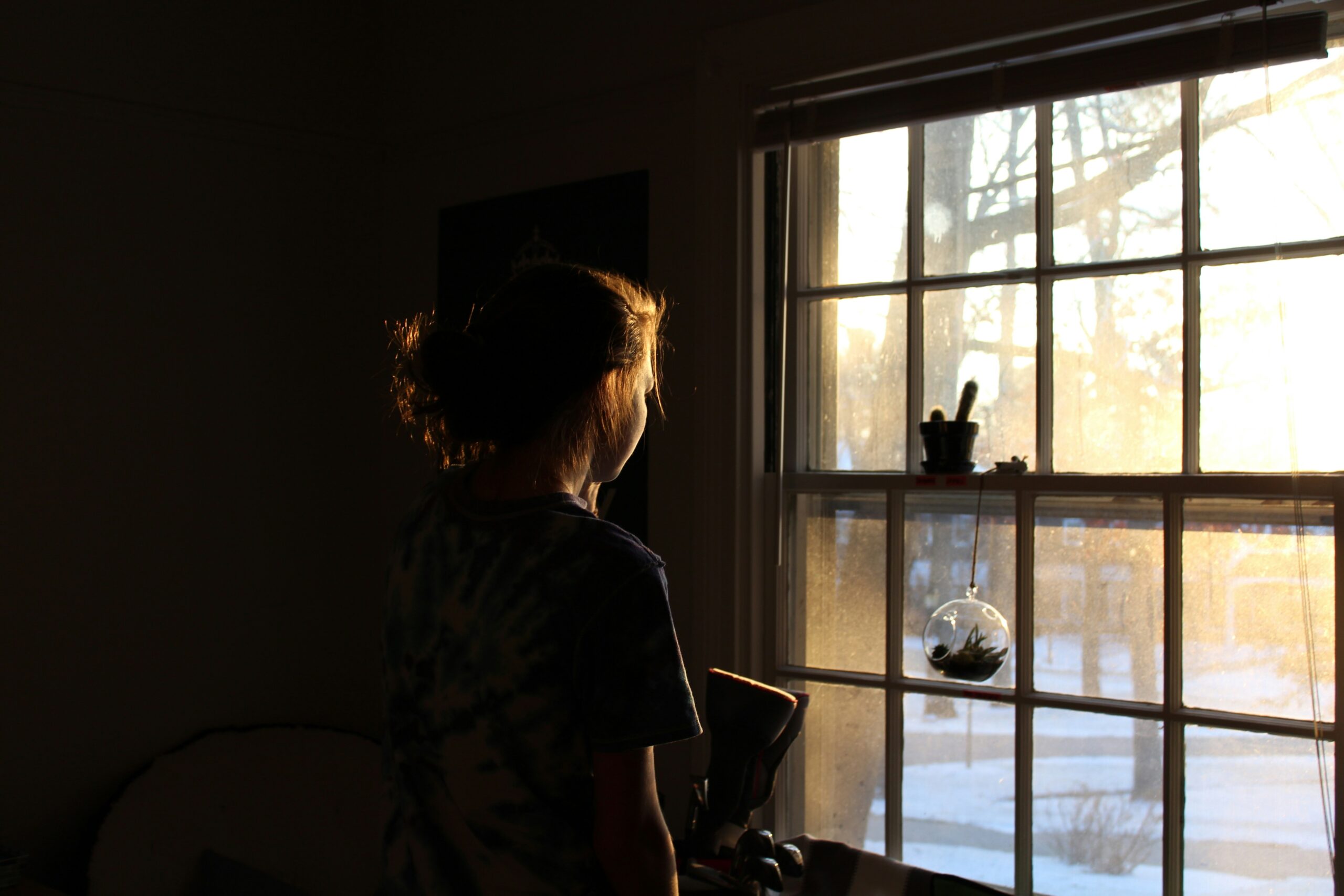Are you overstimulated? What are the causes of overstimulation and what exactly is sensory overload? When our senses are affected by the world around us, what can we do to change that? This article would give you an insight on why you are overstimulated and struggling with sensory overload as well as how to manage it.
What Is Sensory Overload?
Sensory overload is when one or more of our five senses become overly stimulated. This is caused mostly by external factors such as the things we see and hear. These factors can affect a person so much they become very sensitive to things around them.
These external stimuli include exposure to loud music, bright lights, continuous sounds you might find annoying (misophonia). Eventually all leading to triggering a reaction due to sensory overload. Overstimulation is what happens when we encounter sensory overload.
Who Can This Happen To?
Who can a sensory overload happen to? The answer is Anyone of any age can experience overstimulated senses. From children to the elderly. However it is more common in children as their brains are yet to be developed completely. Therefore external stimuli has more effect on them.
Adults who are highly sensitive and/or suffer from Attention Deficit Hyperactivity Disorder (ADHD) as well as autism can also experience sensory overload too. They can be affected by external stimuli which can leave them overwhelmed and finding the need to shut everyone out.
People who suffer from anxiety and depression also experience overstimulation from at intervals. Other conditions that can lead to a possibly sensory overload are chronic fatigue syndrome, Tourette’s syndrome and Multiple Sclerosis.
Based on personalities, introverts are more prone to be overstimulated than extroverts. This is because they prefer the solitude of their alone time. Being exposed to things rather harshly can take a toll on them.
What Are The Causes of Sensory Overload?
Factors around us can lead to a sensory overload and leave us feeling overstimulated. For the normal person, their brains interpret these factors a lot more easily but people who are prone to sensitivity can feel like they are going into overdrive. Simple things such as lights, sounds etc can be very triggering factors.
Here are the most common causes of overstimulation.
Stress
Stress is number one of the list because when an individual suffers from fatigue, their brain is stressed as well. This means it interprets information with a little more uncertainty. When it has to process multiple stimuli at once, it can lead to an overdrive.
Loud Noises
Just like the highly sensitive person, loud noises can trigger a sensory overload. Hearing loud sounds such as car horns or repeated sounds such as water leaking from the faucet can be challenging. Misophonia is also very common with individuals with sensory overload.
Crowded Places
Introverts who suffer from sensory overload as well as anxiety can find it difficult in crowded spaces. This can cause the brain to start processing a lot of external stimuli at the same time, hence leading to a person being overstimulated.
Exposure To Bright Lights
The ears aren’t the only one prone to overstimulation. When exposed to bright lights such as fluorescents, flashing lights etc, it can be a trigger for many highly sensitive people. It can also lead to a blinding headache.
Textures
This is mostly for people with ADHD and autism who are sensitive to certain textures. This can make them avoid certain clothes, food and liquid.
What Happens When You Are Overstimulated And Have A Sensory Overload?
Although it can vary from person to person, most people tend to have similar symptoms. From restlessness to more fatigue and irritation. Some people, found mostly in adults, would remain calm and try to endure the noises till it passes. Regardless of if it eats them up from the inside.
Symptoms are different from person to person but here are a few common ones.
Restlessness
An individual experiencing overstimulation who show a great deal of discomfort. They would be restless and possibly move from side do side. They will feel a need to go to a quieter or darker place because they feel overwhelmed. Until this happens, they might not be able to hide their discomfort, especially in children.
Panic Attacks
It is a no brainer that individuals who suffer from seahorse overload are prone to anxiety from external stimuli. They are also prone to panic attacks which involves heavy breathing, sweating and complete discomfort.
Irritability
Due to the stimulation around them, it can also lead to physical discomfort. They may try to use noise canceling earphones as this helps in blocking out noises. Or sunshades in order to manage bright lights. If they don’t, fear and anxiety begin to creep in. In some cases, they may show aggression as they are currently in a fight or flight mode.
When any of the above happens or are prone to happen, they stay on guard. In fact this is one reason they prefer staying on their own most times. They always want to have control over their surrounding.
How To Deal with Sensory Overload
Here are 5 helpful ways to help you manage sensory overload.
1. Practice Meditation and Mindful Breathing
Mindful breathing can help you with sensory overload. Meditation and activities such as yoga, box breathing and exercising are very effective in calming anxiety. When you practice deep breathing for at least 5 minutes a day, it goes a long way in steadying your rhythm.
Deep breathing and meditations don’t just help the mind but also does wonders to the body. It can help in reducing the heart rate from anxiety, lowering the blood pressure when it gets too high. If can also help in relieving pain.
2. Practice Journaling
Journaling is a great way to keep track of your triggers and how to overcome it. Writing down your triggers and how you respond can be very effective as you know what works and what doesn’t. With journaling you can see your progress if you’re making any.
It also helps you articulate how you feel as the importance of expression should never be underestimated. When you have something to go back to when you’re not sure, it provides clarity.
3. Practice Self/care
Self care is also an important aspect when you’re overstimulated a lot. Taking out time for yourself helps in soothing you and aiding your mental recharge. It can be little things like getting a massage, a pedicure and or a gift for yourself.
People get sensory overload from the work around them and sometimes it’s important to shut it out. You can also take more time to sleep and do absolutely nothing to reduce your stress levels.
Knowing how to care for other introverted people is also paramount.
4. Protect Your Peace
Set boundaries to things that trigger a sensory overload. If it’s people or places, regulate them. Work spaces are common causes of sensory overload so remember to recharge when you’re not at work. If social events are a trigger for you, remember you can always decline when asked.
Protect your peace, space and be mindful of the things you do, consume etc.
5. Talk To Someone
Talking to someone can also help with sensory overload. It could be a friend, family, partner etc. someone you are willing to be vulnerable with. Sometimes a lot becomes clearer when we talk about it with people who care for us.
If you don’t want to, then seeing a therapist is the best thing to do. Not only would they recommend better ways to handle overstimulation, you can confide in them without fear of judgment.





